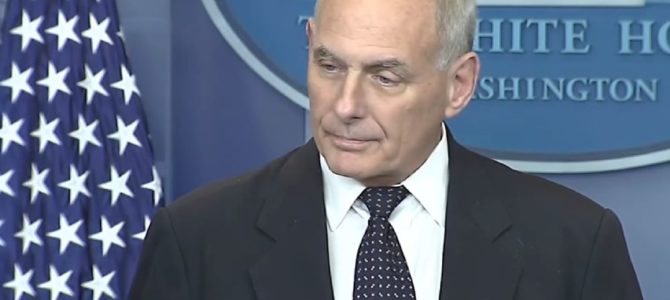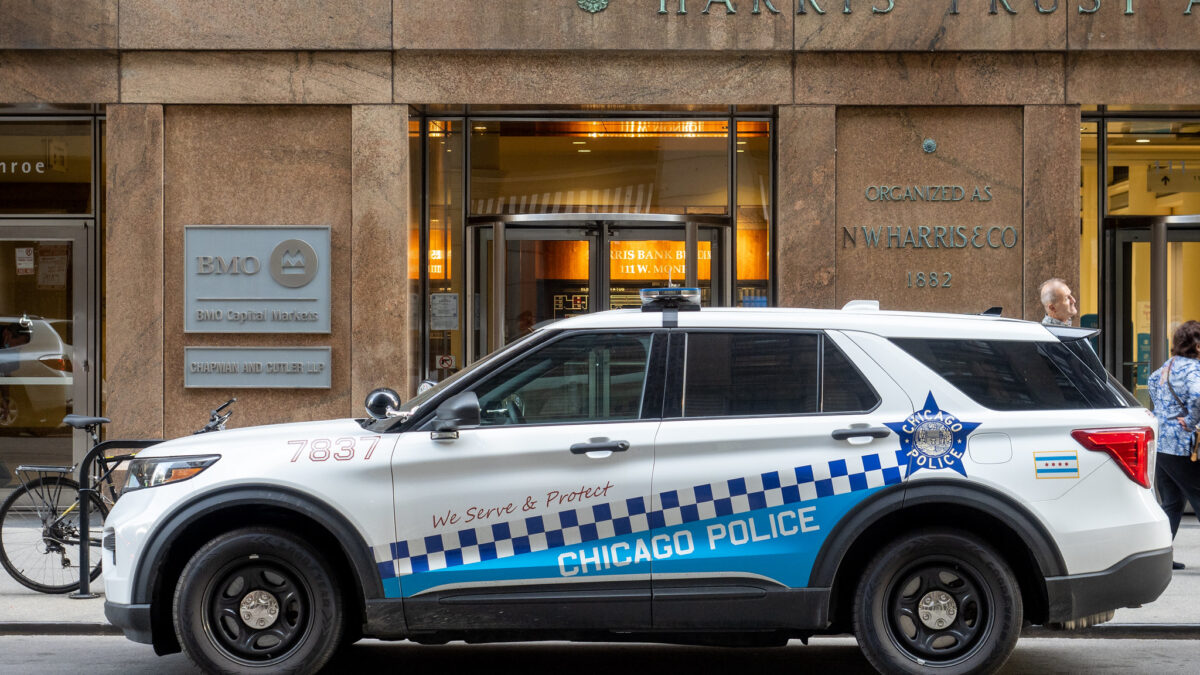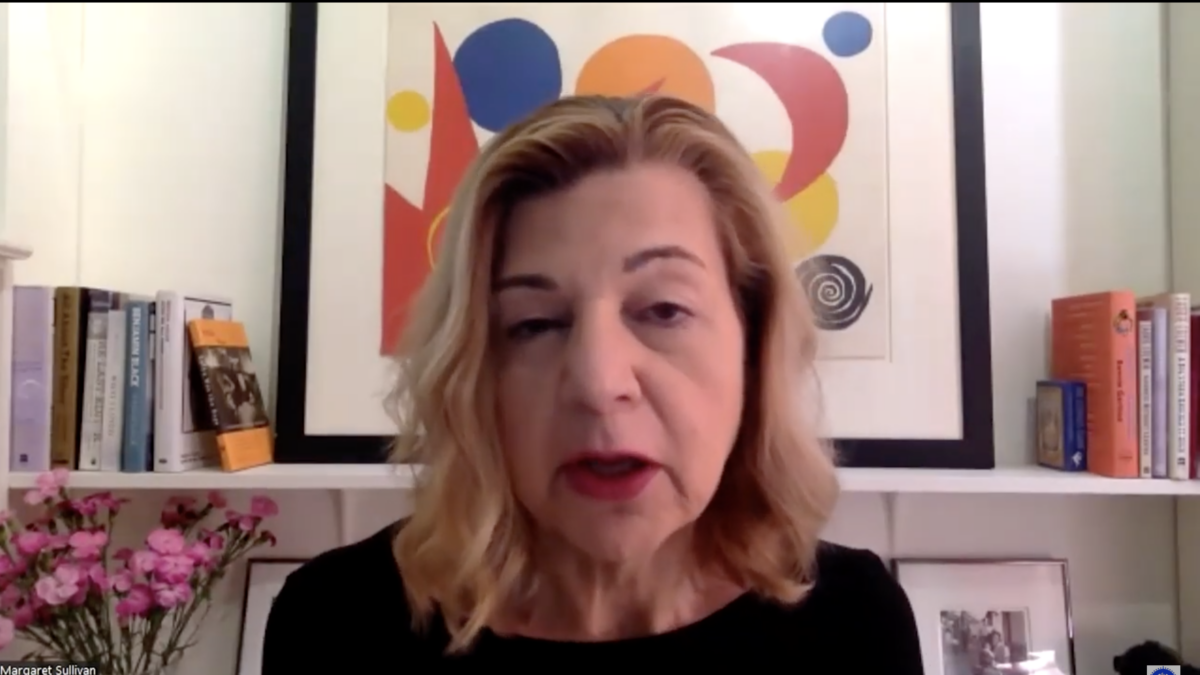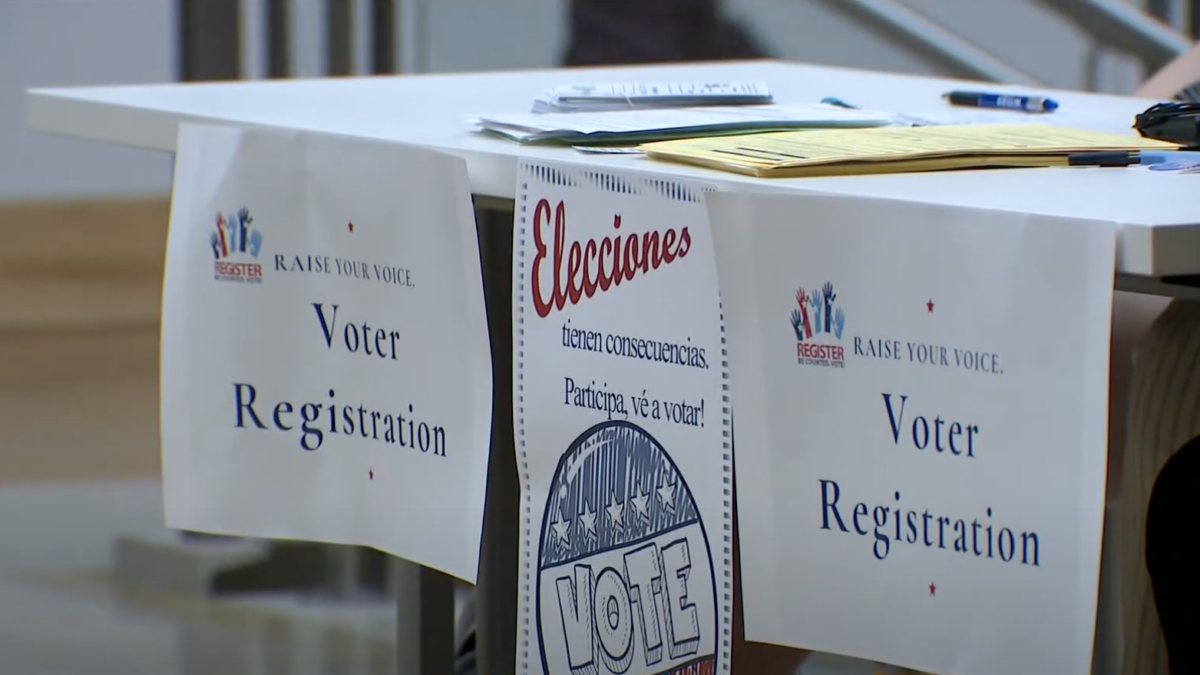
In a press conference Thursday, White House Chief of Staff John Kelly gave a 15-minute speech lecturing and scolding the media on military casualty protocol, particularly surrounding a controversy about President Trump’s phone call to a soldier’s widow, and Rep. Frederica Wilson’s criticism of it.
Critics have denounced Kelly’s statement as too rigid and defensive of a bumbling and misguided president (because Russia!). It was indeed many things, but not misplaced. Rather, it was an instructive trifecta to a haughty mainstream media that included a military education, wisdom from an experienced Marine, and a fierce, swift ass-kicking.
Military Casualty Protocol 101
U.S. Special Forces Sgt. La David T. Johnson was one of four U.S. soldiers who died in Niger recently. When President Trump made a phone call to Johnson’s widow, Wilson was in the car and listened in on speakerphone. She then publicly acted appalled by Trump’s statement that Johnson “must have known what he signed up for.” Indeed, that isolated soundbite didn’t do much for Trump’s approval ratings, much less given how he took to Twitter to rant about it.
Wilson milked it, the media bought it, and on Thursday at an afternoon press conference, Kelly took the podium to address the controversial story. Kelly began by explaining to the press exactly what happens when a member of our military is killed.
Their first stop along the way is when they’re packed in ice, typically at the airhead. And then they’re flown to, usually, Europe where they’re then packed in ice again and flown to Dover Air Force Base, where Dover takes care of the remains, embalms them, meticulously dresses them in their uniform with the medals that they’ve earned, the emblems of their service, and then puts them on another airplane linked up with a casualty officer escort that takes them home.
While that’s happening, Kelly said, other folks are preparing to inform the family and “the casualty officer proceeds to break the heart of a family member and stays with that family until — well, for a long, long time, even after the internment.”
Kelly explained that while presidents can and often do make calls to widows and parents of fallen soldiers, they don’t have to, and sometimes families don’t want to talk to them. In fact, he added, he actually suggested Trump avoid making these phone calls, because families would rather hear from family and friends. Here he became emotional when adding, “In my case, hours after my son was killed, his friends were calling us from Afghanistan, telling us what a great guy he was. Those are the only phone calls that really mattered.”
Still, Kelly says, contradictory to what the media reported, Trump not only wanted to make these calls but asked for advice about how to do so: “[T]hen he said, how do you make these calls? If you’re not in the family, if you’ve never worn the uniform, if you’ve never been in combat, you can’t even imagine how to make that call. I think he very bravely does make those calls.”
Perspective Changes Even Questionable Soundbites
At this point in the press conference, Kelly revealed a kicker. The most reprehensible part of Trump’s call, according to Wilson, was informing the grieving widow her husband “knew what he signed up for.” Yet, Kelly said, in this Trump was following advice he had received from Kelly based on what his best friend and casualty officer had told Kelly when Kelly’s son was killed in Afghanistan.
“That’s what the president tried to say to four families the other day…in his way tried to express that opinion — that he’s a brave man, a fallen hero, he knew what he was getting himself into because he enlisted,” Kelly said. “There’s no reason to enlist; he enlisted. And he was where he wanted to be, exactly where he wanted to be, with exactly the people he wanted to be with when his life was taken.”
Kelly was so disturbed by the attempt Wilson made to distort the facts of Trump’s phone call, he went to Arlington National Cemetery where he “walked among the stones, some of whom I put there because they were doing what I told them to do when they were killed.” He closed with a story reminiscent of this week’s events, when, years ago, he observed a member of Congress distract from an event honoring the lives of fallen soldiers with a speech “in the long tradition of empty barrels making the most noise.”
What Did the Media Learn?
With that, Kelly offered to take a few questions but only from members of the media who knew Gold Star families. His insinuation that few would know such a family was correct. A couple members of the media proceeded to ask Kelly questions essentially along the lines of, “What were soldiers even doing in Niger?” What happened during the attack?” It was as if the media hadn’t heard Kelly’s explanation. Did they, even after that, still fail to understand?
As Victor Davis Hanson said in a 2010 interview with Peter Robinson about war and history, “What saves the United States when it goes to war is that we have a subset of the population for a variety of reasons enlisted in office corps that are 19th century in mentality. They live according to the protocols of the 19th century. What do I mean? They’re more likely to believe in traditional religion. They’re more likely to believe in nationalism. They’re more likely to believe in a tragic view that you can be good without having to be perfect.”
Kelly’s explanation echoed this account of the United States’ enlisted soldiers and their mentality, which mirrored the words he’d recommended Trump use to Johnson’s widow.
Who are these young men and women? They are the best 1 percent this country produces. Most of you, as Americans, don’t know them. Many of you don’t know anyone who knows any one of them. But they are the very best this country produces, and they volunteer to protect our country when there’s nothing in our country anymore that seems to suggest that selfless service to the nation is not only appropriate, but required. But that’s all right.
The media may not have understood what Kelly was trying to say, but the rest of America is more likely to have grown in their reasons to honor those who make the ultimate sacrifice.









